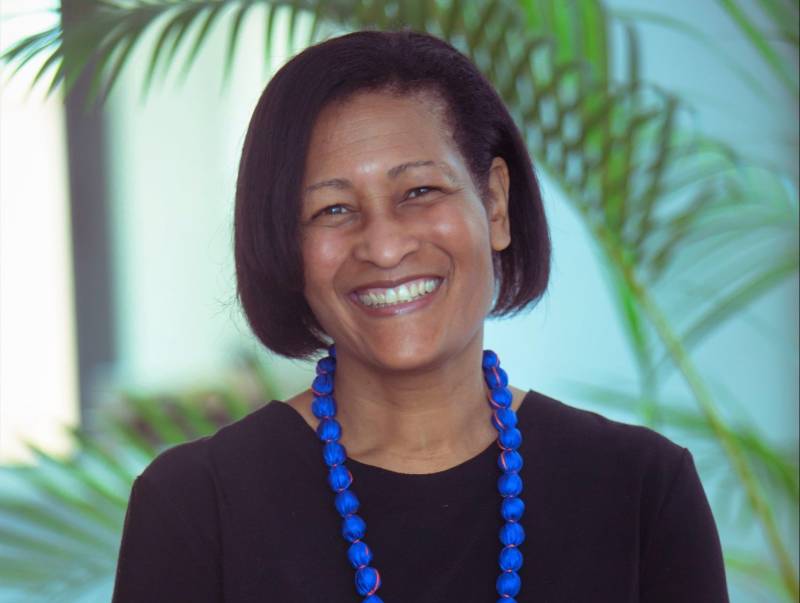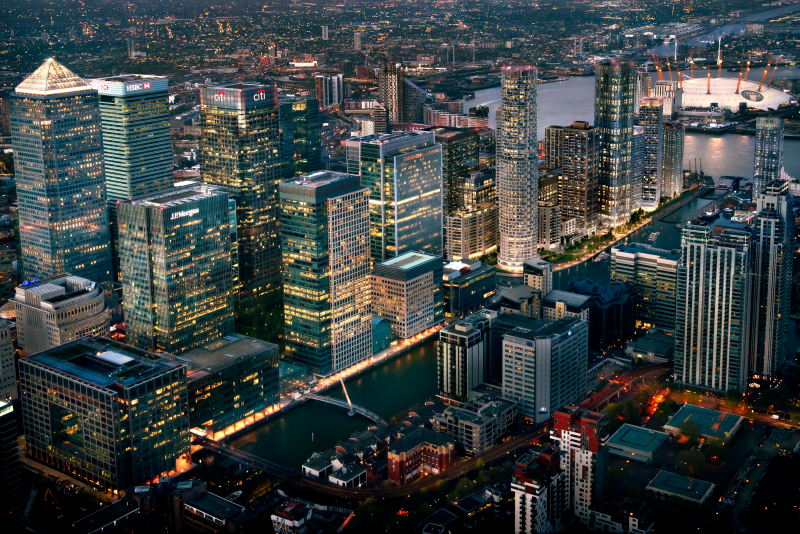Night travel, once seen as risky or reserved for long-haul commutes, is now emerging as a rising global trend with a name of its own: Noctourism. In 2025, travelers are increasingly seeking after-dark adventures, not just for convenience, but for a richer, more intimate experience of cities and cultures. With global urban areas lighting up 24/7, the night has become not just an extension of the day, but a whole new playground. From Tokyo’s glowing alleyways to Lagos' Afrobeat-fueled nightlife and London’s neon-lit Thames cruises, tourists are swapping sunrise hikes for moonlit markets, dinner cruises, street performances, and late-night museums. The latest twist? Cities are now designing curated night itineraries to keep tourists engaged after sunset—an economic and cultural strategy that’s working.
:max_bytes(150000):strip_icc()/TAL-northern-lights-cruise-NOCTOURISM0625-f97ce63936c947008f605866ddc6003b.jpg)
Read Also: Asante Traditional Buildings, Ghana

Destinations like Paris, Barcelona, and Cape Town are investing heavily in noctourism-friendly infrastructure: 24-hour buses, night-time cultural festivals, open-air cinemas, food truck parks, and guided ghost or heritage walks. Notably, Accra recently launched its "Midnight in Makola" market tour, offering travelers an unforgettable taste of Ghana’s nightlife blended with food, art, and tradition. Why the shift? Partly due to post-pandemic changes in travel behavior. Tourists now prioritize flexibility, crowd avoidance, and deeper engagement over checklists and busy daytime tours. Night travel offers fewer queues, cooler weather, and a chance to witness the soul of a city, when locals unwind and true stories emerge. Social media has also played a role. Platforms like TikTok and Instagram have fueled a wave of “nightlife explorers” sharing surreal cityscapes, street eats, and performances under the stars. Hashtags like #NightTravel, #Noctourism, and #MidnightVibes are trending among Gen Z and Millennial audiences, encouraging tourism boards to adjust marketing strategies.
But it’s not just about aesthetics or crowd control—it’s about economic impact. Nighttime economies are proving resilient and inclusive, offering income opportunities for street vendors, taxi drivers, musicians, and artisans. A report by the World Travel & Tourism Council in early 2025 revealed that destinations with active noctourism strategies saw a 13% rise in hospitality revenue year-over-year compared to those that don’t. In Nigeria, cities like Abuja and Port Harcourt are exploring policy frameworks for “night economy zones,” complete with lighting, security, and vendor-friendly licensing. This move echoes the success seen in Nairobi’s “After Dark” program, which saw a significant increase in female-led night market businesses within its first six months.
Of course, safety remains a concern, and one of the biggest barriers. For noctourism to thrive, city planners must balance tourism with effective security, public transportation, and community integration. Lagos, for instance, recently partnered with ride-hailing companies to offer verified night tours with in-app security features, targeting both local and international travelers. Another advantage of this trend? Sustainable tourism. By spreading activity over longer hours, noctourism reduces stress on city infrastructure, helps prevent overtourism in hotspots, and invites travelers to explore off-peak destinations in less explored neighborhoods.
The rise of noctourism has also birthed new travel offerings—like overnight walking safaris in Kenya, full-moon desert yoga in Morocco, or glow-in-the-dark kayaking in the Philippines. These niche, immersive experiences promise connection over consumption—a value increasingly prioritized by mindful travelers today. With travel behaviors changing rapidly and urban landscapes adapting, one thing is clear: the night belongs to the curious. Noctourism is not just a passing trend—it’s redefining the way we explore, connect, and spend. As cities and travel brands catch on, those willing to wander after dark may just discover the most authentic stories waiting beyond the streetlights.



